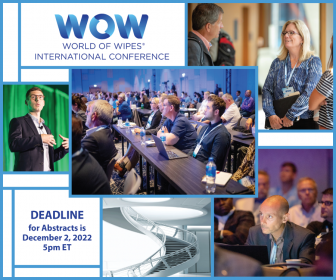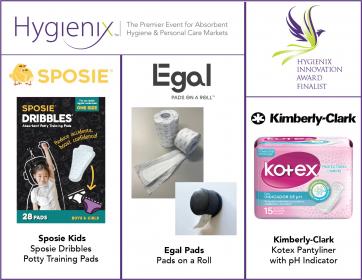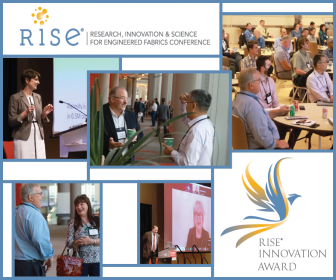INDA names MaryJo Lilly as Market Intelligence Leader
INDA, the Association of the Nonwoven Fabrics Industry, has named MaryJo Lilly as its new Market Intelligence Leader. Lilly brings more than 20 years of nonwovens & engineered materials expertise with a background in the disposable, medical and specialty materials industries.
Before starting a consulting firm two years ago, Lilly was Regional Commercial Director of North America for Tredegar Film Products and before that, spent more than a decade as Vice President of Sales at Berry Global in the Health, Hygiene, and Specialties Division growing the personal care and medical markets.
Additionally, Lilly’s leadership experience includes Global Business Director at Clopay Plastic Products and Director of Sales and Marketing for Absorbent Materials at Rayonier Performance Fibers. Lilly holds a Ph.D. from the University of Pittsburgh.
With her industry knowledge and extensive network, Lilly will develop, issue and present reports, presentations and data to support INDA, member decision-making and the industry. She will, through collaboration with market participants and subject matter experts, develop and maintain relevant industry statistics, reports and surveys on the North American and worldwide markets by major segments and processing technologies.































